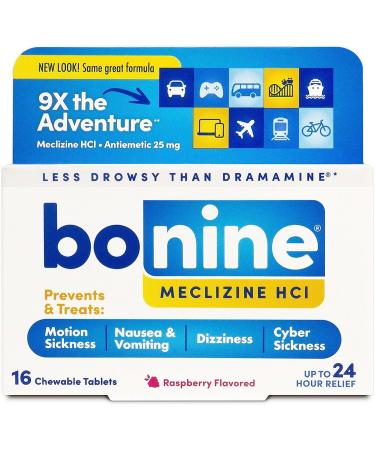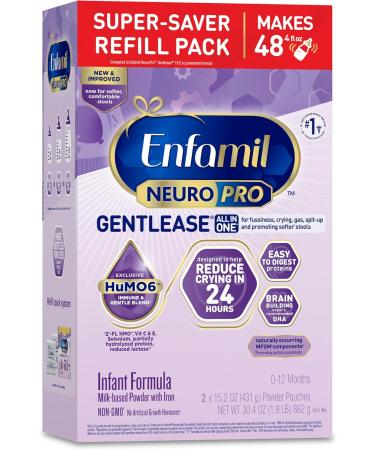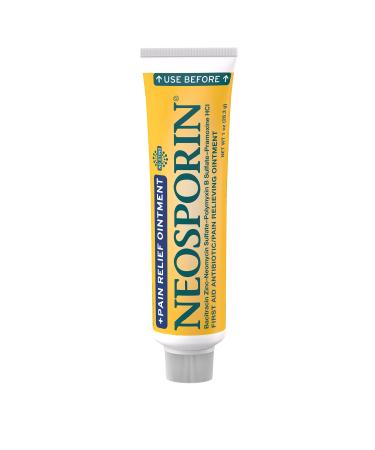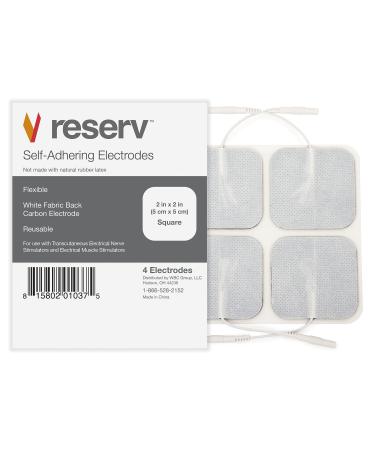: Daily Value in 1 Serving 100mg Coenzyme Q10 (Ubiquinone) 200mg Alpha Lipoic Acid (ALA) Venatura Coenzyme Q10 and Alpha Lipoic Acid is a food supplement containing coenzyme Q10 and alpha lipoic acid. Coenzyme Q10 is an enzyme naturally found in the body. However, it may decrease due to various medication use and aging. Alpha Lipoic Acid (ALA) is a coenzyme that is both water- and fat-soluble. Alpha Lipoic Acid Properties Alpha lipoic acid is an antioxidant and a compound naturally produced by the body. Alpha lipoic acid supplements can be taken for the treatment and prevention of cancer, as well as for the treatment of diabetes, diabetic neuropathies, HIV AIDS, and liver diseases. Alpha lipoic acid, which plays a crucial role in energy production, acts as a powerful antioxidant and is claimed to have an apoptotic (programmed cell death) effect on tumor cells. Laboratory studies confirm the antioxidant effects of alpha lipoic acid. Alpha lipoic acid is being tested to alleviate conditions such as diabetic neuropathy, which is sensory loss and nerve damage in the hands and feet due to diabetes. CoQ10 Properties Delays aging The decrease in CoQ10 levels over time leads to aging and the development of chronic diseases. CoQ10 helps cells maintain youth by contributing to ATP production in the mitochondria, which produce a significant portion of cellular energy. It improves cell activity during aging by preventing oxidative stress. Protects the skin Our skin is widely exposed to harmful effects such as cellular damage and UV rays. Over time, its moisture decreases, and the layers begin to thin and sag. At the same time, low CoQ10 levels increase the risk of developing skin cancer. Coenzyme Q10 creams or supplements applied directly to the skin moisturize the skin by increasing antioxidant protection. It helps reduce sun damage, wrinkles, skin aging, and cancer formation. Protects cardiovascular health Heart failure is often the result of heart conditions such as coronary artery disease or high blood pressure. These conditions can lead to increased oxidative damage and inflammation of the vessels. Coenzyme Q10 suppresses radicals, increasing energy production, exercise capacity, and heart function. It also reduces inflammation and reduces the risk of heart attack by widening the vessels. Prevents diabetes Diabetes is a chronic disease that develops as a result of a deficiency or ineffective use of insulin. External factors such as an unhealthy diet and stress contribute to its formation. CoQ10 can help increase insulin sensitivity and regulate blood sugar. By stimulating fat breakdown, it reduces the accumulation of fat cells that can lead to obesity or diabetes. It contributes to the treatment of metabolic syndrome and type 2 diabetes. It reduces the side effects of cholesterol medications. Statins taken to lower cholesterol can reduce the production of Coenzyme Q10, causing side effects such as muscle pain and fatigue. Supplements can reduce side effects by increasing energy production. It can slow the progression of frailty and sarcopenia that develop in the elderly it can increase HDL (good) cholesterol levels while significantly reducing total cholesterol, LDL (bad) cholesterol, triglycerides, and glucose in the blood. It protects brain health: The brain contains high amounts of fatty acids, requires more oxygen, and is susceptible to damage. Mitochondria, the energy centers of brain cells, become sluggish and decrease in number over time. This increases the level of harmful compounds that affect memory, cognitive abilities, and physical functions. CoQ10 prevents loss of function by supporting energy production and its antioxidant effect slows the progression of dementia, Huntington's, Alzheimer's, and Parkinson's diseases by preventing oxidative damage. Balances blood pressure: Some antihypertensive medications used to treat high blood pressure can have adverse effects such as depression and heart and kidney dysfunction. Research shows that CoQ10 lowers systolic and diastolic blood pressure (also known as systolic and diastolic blood pressure) in patients with hypertension, potentially reducing the need for multiple medications. Reduces inflammation: Chronic inflammation and oxidative stress are associated with cardiovascular diseases, fibromyalgia, multiple sclerosis, diabetes, obesity, kidney failure, rheumatoid arthritis, cancer, and periodontal disease. CoQ10 functions as an endogenous antioxidant that effectively suppresses inflammation, promoting faster healing and tissue repair. Supports fertility: Male infertility is associated with oxidative stress, and CoQ10 levels in seminal fluid are considered important biomarkers of healthy sperm. By increasing antioxidant protection in infertility treatment, it improves sperm quality, improving their density, activity, and structure. Similarly, it improves egg quality in women. Does CoQ10 protect against cancer? Increased oxidative stress causes cell damage, disrupting their structure and function. If the body cannot combat this damage, the risk of cancer can increase due to damage to the DNA that controls cell growth and proliferation. Cancer patients have lower CoQ10 levels compared to healthy individuals. CoQ10, with its antioxidant activity, strengthens the immune system and prevents cancer development. Research shows that it helps prevent colon cancer, reduces the recurrence of melanoma, and inhibits tumor growth and metastases in breast cancer. However, the FDA has not yet approved CoQ10 as a treatment for cancer. Directions: Take 1 or 2 softgels daily.




![Stewart Freeze Dried Dog Treats Made in USA [Single Ingredient Puppy and Dog Training Treats - Grain Free Natural Dog Treats] Resealable Tub to Preserve Freshness - Buy Online on GoSupps.com](https://www.gosupps.com/media/catalog/product/cache/25/small_image/375x450/9df78eab33525d08d6e5fb8d27136e95/6/1/61gwbbixarl._ac_sl1500_.jpg)








